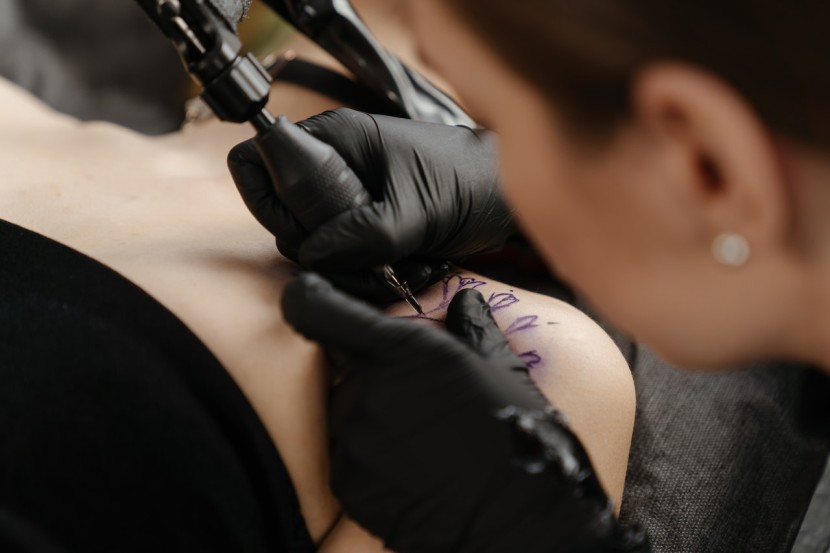Some scientists now think that tattoos of the future will serve as more than simply a fashion statement, and here's why.
Dr. Ali Yetisen, a researcher in the Department of Chemical Engineering at Imperial College London, has an idea that involves swapping out traditional tattoo ink with useful components.
According to CNN, the ink is supposed to make tattoos that alter color in response to environmental cues, such as a change in blood sugar levels for diabetics, kidney or liver function, or athletic dehydration.
In 2017, Dr. Yetisen presented a proof of concept called DermalAbyss with colleagues from Harvard Medical School and the Massachusetts Institute of Technology (MIT).
According to MIT, three biochemical factors in bodily fluid, including glucose and pH levels, triggered color changes in four biosensors.
Dr. Yetisen said they aim that these innovative technologies will be a general platform to utilize diagnostic technologies, such as the wide variety of implanted and injectable sensors that can monitor and show human status in real time.
'Smart Tattoo' Ink

A research lab led by Dr. Carson Bruns is developing smart tattoos to help monitor external factors like radiation or UV light exposure, both of which are major causes of skin cancer.
Dr. Bruns, an associate professor of mechanical engineering at the University of Colorado Boulder, received his first tattoo at 19, kindling a passion for the art that has influenced his study. He co-authored a 2020 study on the "solar freckle," a light-sensitive tattoo Dr. Bruns calls a "little dot powered by sunshine."
The tattoo would show after exposure to UV radiation or too much sunlight and then vanish when sunscreen was applied or after leaving the sun.
Dr. Bruns gave himself several solar freckle tattoos, which lasted six to eight months before fading. His team is using "non-toxic, medical-grade materials that have a long history of biomedical use."
After much research and development, the team has created smart tattoo pigments that can be "turned on and off" by manipulating the light source and can last for at least three years, as noted by Dr. Bruns.
See Also: [STUDY] COVID-19 Lockdown Babies Can't Communicate Well Compared to Other Children
Widespread Approval
Dr. Bruns, colleague scientist Jesse Butterfield, and the famous tattoo artist known as Bang Bang have formed a company called Magic Ink to market the technique.
According to Dr. Bruns, tattoo artists are interested in the tech for both aesthetic and medical purposes, particularly in the realm of radiation therapy. Radiation therapists use microscopic tattoos on millions of patients to target the same spot during each treatment.
A National Science Foundation CAREER research funding in the amount of $605,000 was recently awarded to Dr. Bruns, which he claims would be used to support more studies on the general safety of smart tattoos.
On the other hand, Dr. Yetisen and Dr. Bruns both think that gaining public acceptance of this technology will be difficult. Some individuals and cultures frown upon those who have tattoos, while others worry about the potential risks associated with getting injections beneath the skin.
See Also: ADHD Diagnoses in UK Drastically Increase-NHS Struggling to Manage Patients
© 2025 HNGN, All rights reserved. Do not reproduce without permission.








